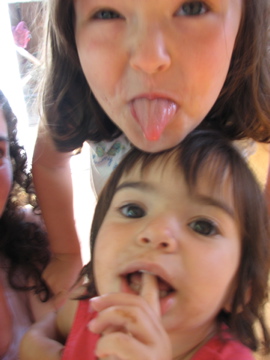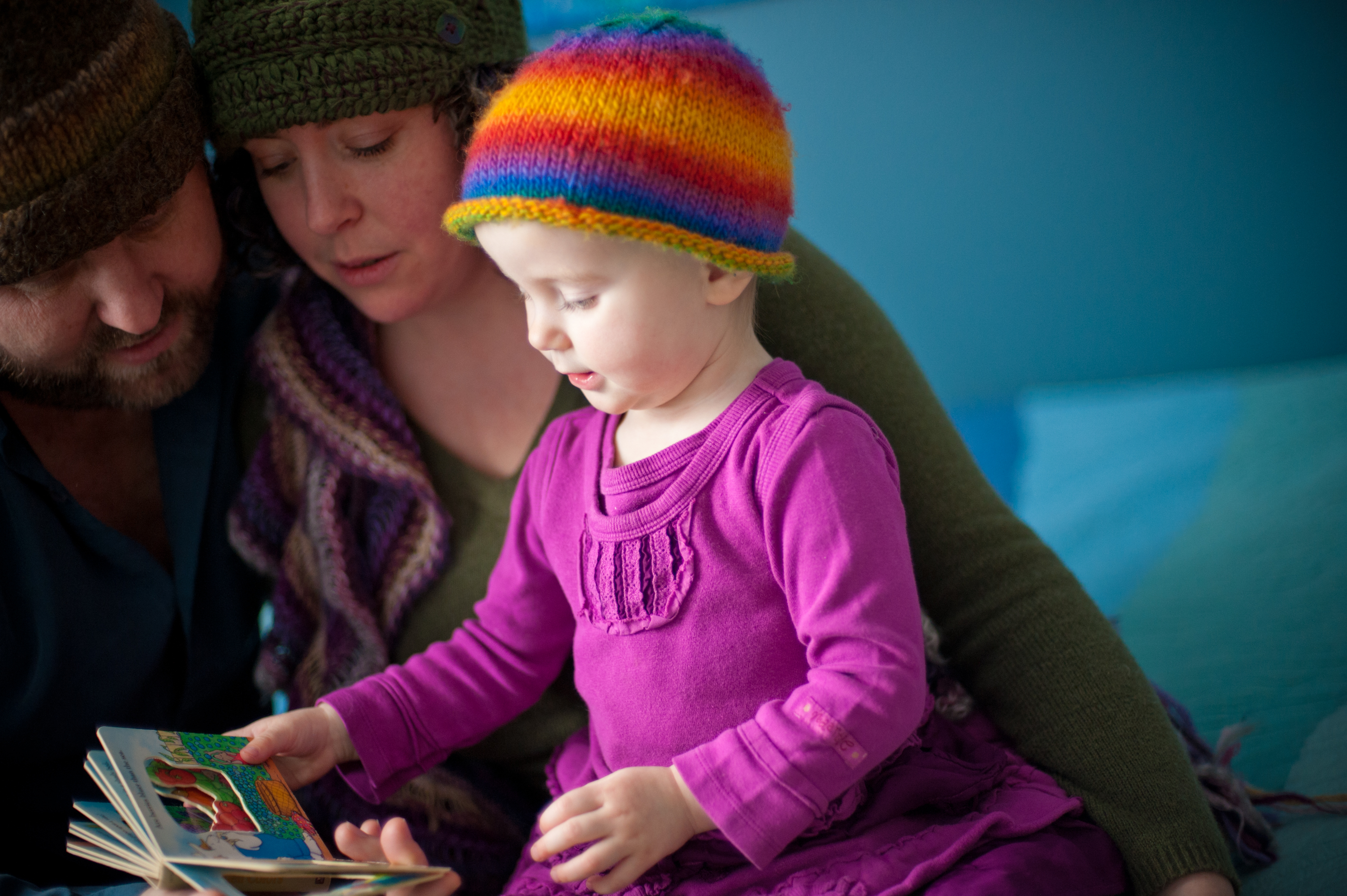My daughter hammered nails outside by herself for about 20 minutes before I shot this video. Just a few weeks ago she was unable to start the nails or hammer them in independently, and now she can! I’m so proud of my little builder.
8 Ways to Help Kids With Anger
Emotion regulation is one of the biggest challenges children face. Heck, emotion regulation is one of the biggest challenges anybody faces! So how can we help kids learn to feel, express, and experience their emotions in a healthy and productive way? Joy and happiness are easy to encourage and enjoy. But when kids feel frustrated and angry, it can be difficult to hold space for them and help them ease back into a regulated state without minimizing or squashing their emotional expression.
So here are my 8 ways to help your child with anger:
1) Reflect—
“It sounds like you’re feeling frustrated…is that right?” or “It seems like you’re still upset about that, are you?” are great conversation openers. Instead of asking a young child how they’re feeling, try guessing his feelings and then check in to see if you’ve guessed correctly. This helps kids to more correctly identify their feelings when they’re in the midst of them since thinking of the right words can be difficult when we’re emotionally activated. But do be careful not to simply assume you know what’s going on. It’s important to check in and ask so that our kids know that we’re tuning in and curious, rather than forcing our own ideas about what’s going on upon them.
4 Secrets to Effective Gentle Discipline
You’re clear that you want to be a kind, caring, and compassionate parent. You don’t want to yell or spank your kids, but sometimes it’s hard to know if gentle discipline is actually working.
There are time when your kid is completely out of control and it’s confusing to figure out what to do about it when threatening, coercing, bribing, and punishing are all off the table. But there are things you can do that will dramatically increase cooperation without the destructive effects of coercion and punishment.
Why it’s Important to Read to Your Child Daily
Guest Post
Parenting has its fine moments when you’ve recently given birth and you’re looking at your little angel all snuggled up at home. Like a sponge absorbing every little smell, sight and sound, your child will use everything around him to orient himself and build the foundations of what will become his basic core as a person. According to Dr. Tim Kimmel, author of Raising Kids Who Turn Out Right, building character can help raise your child to be happy, confident and strong to reach his potential in the future. Raising him this way requires a hands-on approach and none exemplifies this method more than reading to your child.
6 Little Known Ways to Get Kids to Bathe
Some kids love bath time and can’t wait to get in the tub every time you suggest it. Others fall on the spectrum from disinterested to downright frightened of baths. If you’re having trouble getting your kids to bathe, try these counter intuitive tips to make bath-time easier and more enjoyable for everyone.
1) Limit the amount of toys—
Less is more. Trust me on this one. Adding just one or two types of items, rather than every bath toy you own will increase the joy and ease of bathtime. Reducing the number of toys keeps kids more interested in each item over the long-term because they don’t habituate as quickly and get bored with the toys.





